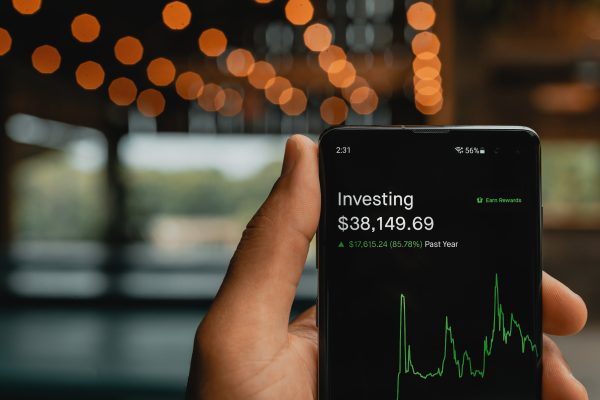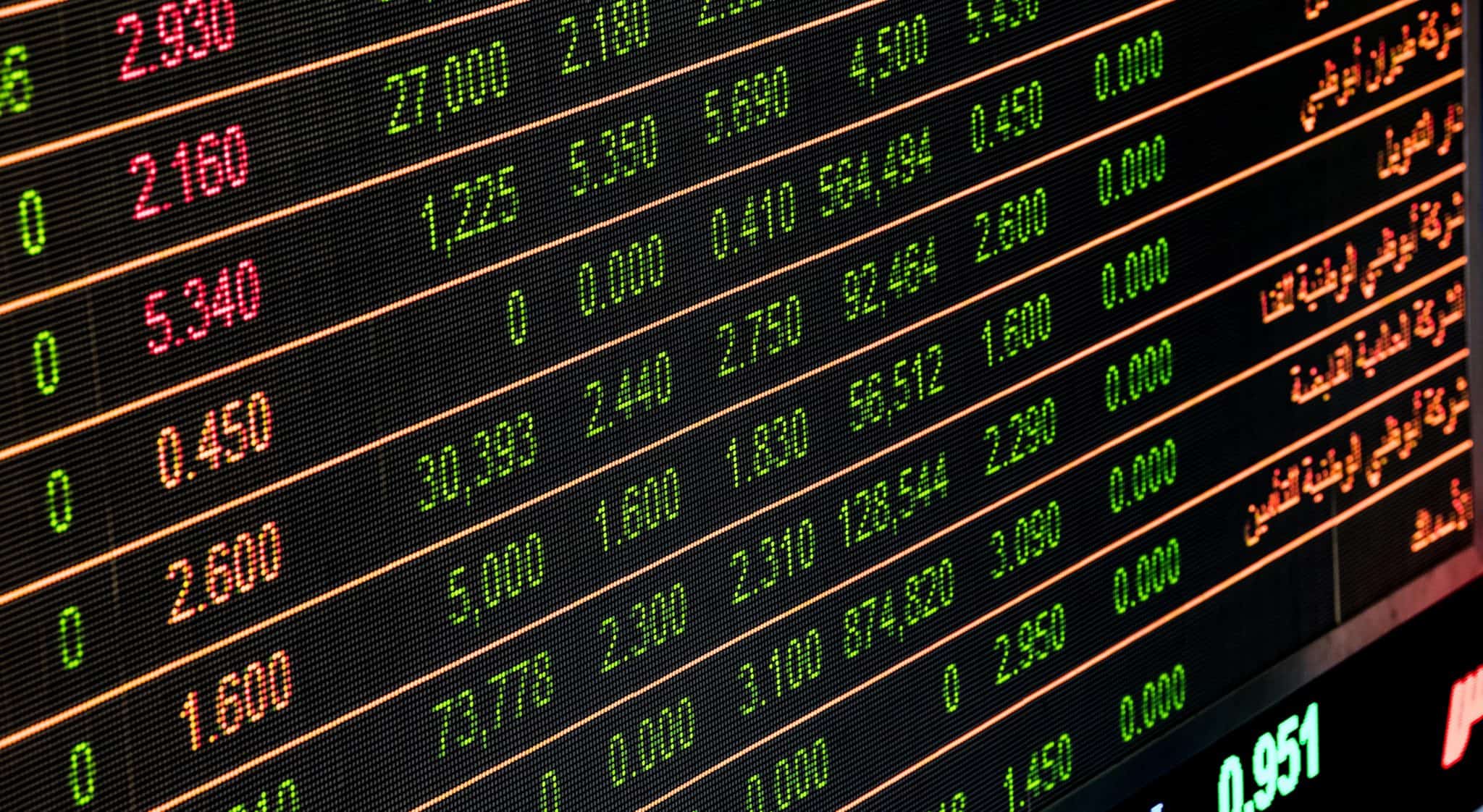
Stock Market Rally: What does it mean for your portfolio?
21 July 2023 6 min read

4 min read
Published:
Updated:

Mohsin Patel
Co-founder
COVID-19 has had a devastating effect on the stock market. I’m going to take 5 random companies from two major indices (plural of index, which is a fancy way of saying a collection of companies belonging to a group) – the FTSE 100 and the S&P 500. We’ll compare their price on market close on the 26 February 2020 (1 month prior to writing this article) and the close on 25 March 2020.
| Stock | Price on 26 Feb 2020 | Price on 25 Mar 2020 | % change |
|---|---|---|---|
| Easyjet (EZJ) | 1202.50 | 650.80 | -45.88% |
| GlaxoSmithKline (GSK) | 1632.60 | 1489.60 | -8.76% |
| Harley-Davidson (HOG) | $31.76 | $20.56 | -35.26% |
| Southwest Airlines (LUV) | $48.90 | $39.40 | -19.43% |
| Visa (V) | $187.21 | $161.78 | -13.58% |